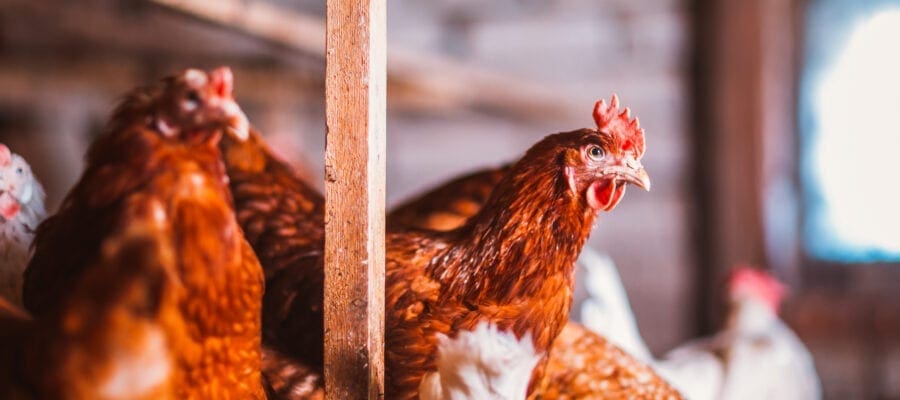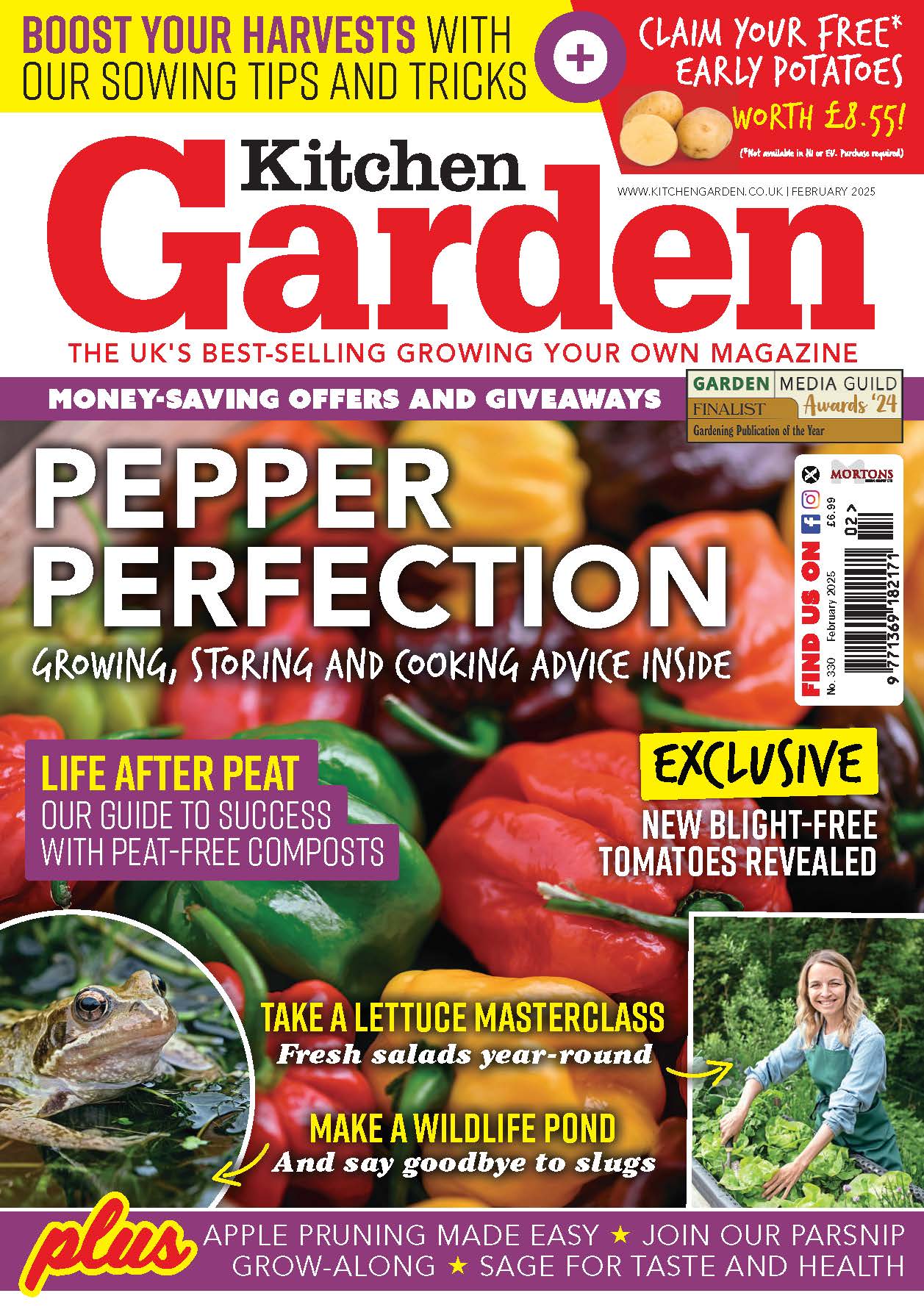The Government’s Chief Veterinary Officer has declared a Prevention Zone for poultry and captive birds
The Government’s Chief Veterinary Officer has declared a Prevention Zone introducing enhanced biosecurity requirements for poultry and captive birds in England, Scotland and Wales, designed to protect them from a strain of avian flu circulating in mainland Europe.
Keepers of poultry and other captive birds are now required to keep their birds indoors (see below), or take appropriate steps to keep them separate from wild birds.
Outbreaks of Highly Pathogenic Avian Influenza (H5N8) have been confirmed in poultry and wild birds in several countries across Europe. No cases of H5N8 have been found in the UK and this order is a precautionary measure to help prevent potential infection from wild birds.
ADVICE
Joanna Palmer BSc Hons, nutritionist for the Smallholder Range offers some timely advice to help keep your flock safe and healthy:
The definition of indoors does not mean you need to bring your chickens into your home! You are simply required to contain them in their coop or existing housing, but you can still let them spread their wings a little by covering their run and allowing them access to it which will avoid contact with wild birds.
If a covered run is not possible, poultry should be housed in alternative accommodation, such as a ventilated shed, outbuilding or poly tunnel that is not accessible to wild birds and it is crucial to make sure that your poultry’s feed and water cannot be accessed by wild birds either.
When a number of birds are closely confined, more so than normal, squabbles can occur. Be vigilant for bullying behaviour and separate any over-dominant birds if they start to pick on others. Providing extra feeders and waterers can help to prevent competition and aggression and allow the more timid birds in the flock to feed easily.
Birds should continue to be fed their normal layers ration on a free-access basis, with a little mixed corn fed as an afternoon treat, but it is important not to over-treat as this will unbalance the diet.
A layers feed in a crumble form can be more time consuming to eat then a pellet and so if an extended period of confinement is likely, consider replacing a proportion of the normal pellets with layers crumble to help keep the birds occupied for longer.
Hanging up a sprout stalk or other greens will encourage activity and supplement the birds’ diet when there is no access to grass.
Adding interest to your chickens’ enclosure in the form of logs, branches or boxes to climb on will give the birds something to do and places to hide for timid birds and a good thick layer of suitable litter on the floor will give the birds something to scratch around in.
With confinement comes an increased need for good ventilation and thorough, regular cleaning with an approved disinfectant. Regularly examine your birds for any signs of illness and seek advice from a vet should you spot anything unusual.
Restrict movement of your birds for the next 30 days and keep an eye on the news should there be an extension to these control measures.
CONTACTS
For more information of feeding your poultry naturally call the Smallholder Range nutrition team on 01362 822 902 or visit www.smallholderfeed.co.uk
For full details of the Defra Prevention zone visit https://www.gov.uk/government/news/new-measures-to-protect-poultry-against-avian-flu





